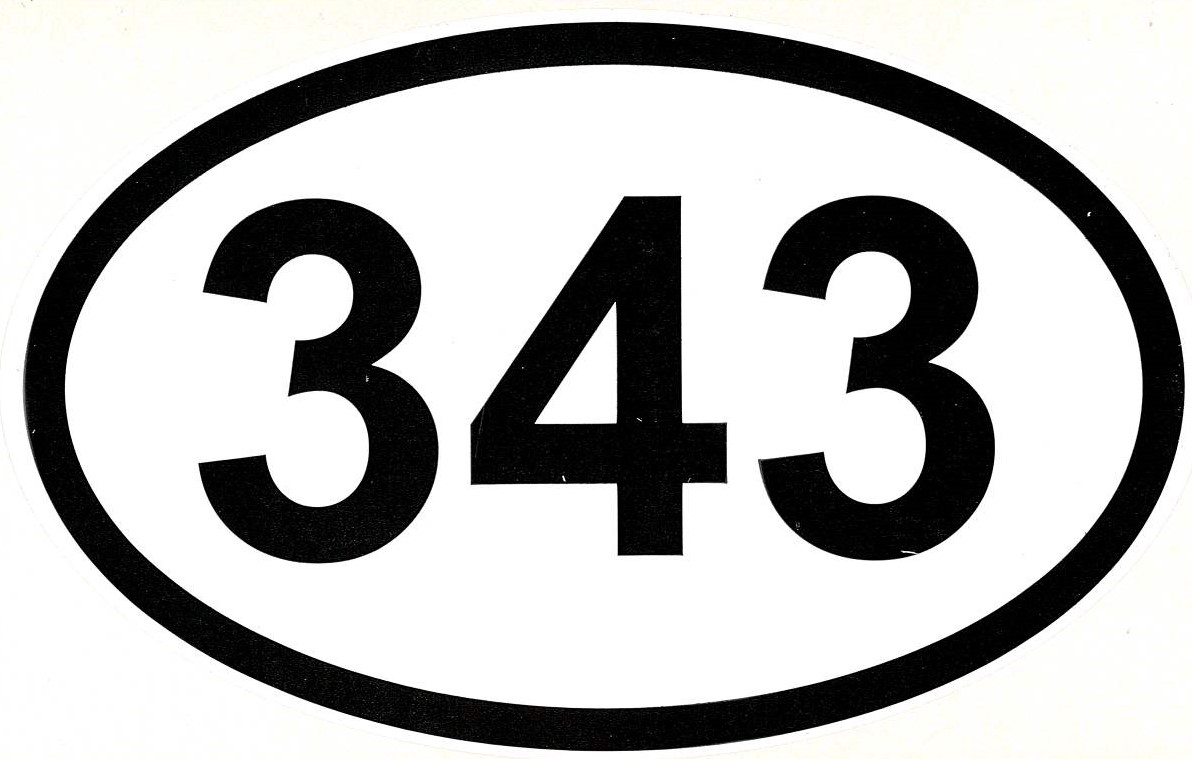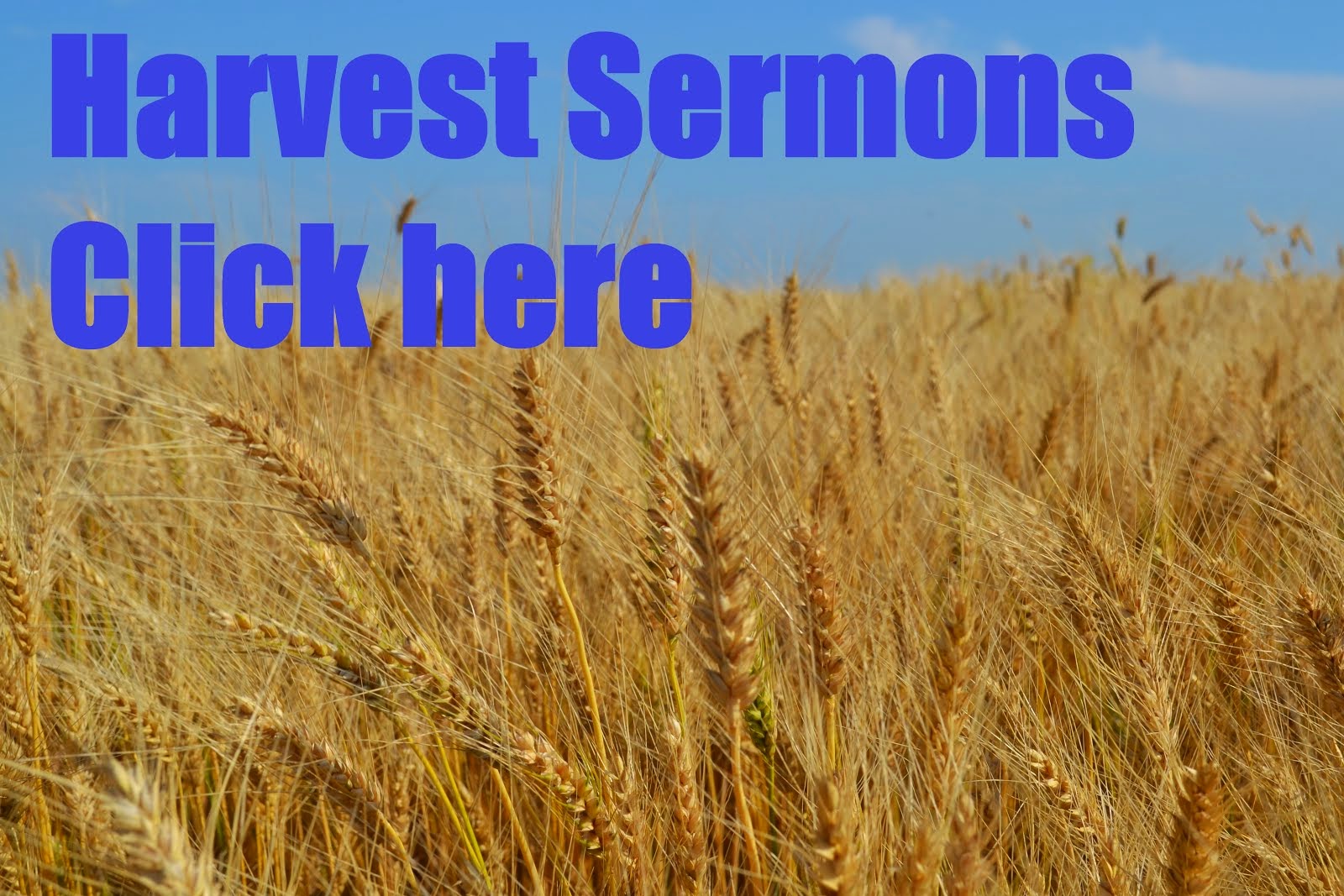A call to thankful, generous giving
Text Numbers 31:25-54 Time 05/05/13 Place Childs Hill Baptist Church
We
looked last week at Israel's victory over Midian described in Numbers
31:1-24. We come this week to the remaining verses of the chapter and
the aftermath of the battle. Once again we are reminded why this book
is called Numbers. There are lots of numbers in this section –
675,000;
72,000; 61,000, 32,000;
and half those numbers - 337,500;
36,000; 30,500 16,000; and a thousandth 675, 72, 61 and 32. There
is again a little bit of maths here for those who are interested in
that sort of thing.
But what does the chapter have to
teach us? What do we learn here? It is really a reminder of the
subject of money and possessions and particularly of the need for
thankful, generous giving to God. Looking at these verses we can
discern at least four general principles that have wide application.
1. Recognise the principle of
careful accounting
In
verses 25 and 26 it says that The
LORD said to Moses, You and Eleazar the priest and the family heads
of the community are to count all the people and animals that were
captured. A
great deal of plunder had been gathered in this battle, not only goods
but animals and people too. Normally in wars that did not happen.
Normally each man grabbed his own plunder. In this case, however,
there was to be giving to the Lord's work out of the plunder. This
giving was to be done proportionately. Whether this was then to be a
law for the future is not clear but certainly it was a law at this
point and one that was fulfilled.
It may seem a strange point to
make about giving but the first thing in this area is that we should
be aware of what we have to give. I am not very good on money matters
and may be you are the same but there is a responsibility on all of
us, especially household heads, to have some idea of what money is
coming in, in order that we may consider what we give to the Lord in
the right way.
From time to time then we need
to look at this matter and consider what we are earning and,
subsequently, what we are doing with what comes in. A day is coming
when we will all be judged and that judgement will include the way we
have used all the good gifts God has given us in one way or another.
This applies not just to
individuals and families but in churches and in the state too. We
want civil government at local and national level that is open and
above board when it comes to money matters and where due care is
taken to use money wisely. We want church officers who give a careful
accounting too. We are thankful to God that we have officers who make
sure everything is done decently and in order, especially where
financial matters are concerned.
2. Recognise the principle of
fair distribution
Now
in the first instance the plunder was to be divided between those who
fought in the battle and those who did not. 27
Divide the spoils equally says
God between
the soldiers who took part in the battle and the rest of the
community. This
became a principle that was reinforced in David's time (see 1 Samuel
30). Here
is another general principle then – that of fair distribution. One
may have thought that the soldiers would get more but no they were
only acting on behalf of others and so there is a fair distribution.
Obviously it is not minutely fair in that there were only 12,000
soldiers and a lot more others who were not soldiers. There was a
distribution if wealth nevertheless,
This is a difficult subject as it
is often difficult to decide what is fair distribution. It is
certainly something that civil government should be concerned about,
however, and in the church too we must be eager for fairness as far
as that is possible. In families the principle will be borne in mind too.
3. Recognise the principle of
proportionate giving to the Lord and his work
Verses 28-47 talk about tribute to
the Lord from all this plunder. And here a distinction is made.
First
(28, 29)
From the soldiers who fought in the battle, they
were to set
apart as tribute for the LORD one out of every 500, whether people,
cattle, donkeys or sheep. This
tribute
from their half share was
to be given to
Eleazar the priest as the LORD's part. So
there was a sort of tax on the live plunder.
Then
(30) From
the Israelites' half, they
were to select
one out of every fifty, whether persons, cattle, donkeys, sheep or
other animals. Give them to the Levites, who are responsible for the
care of the LORD's tabernacle. So
at a higher rate there was another tax and again it was all to go
to the Lord's work.
The
actual figures are then given with regard to the plunder remaining
(some
of the plunder no doubt would have been lost by death on the march
home, including feeding the army) - 675,000
sheep, 72,000 cattle, 61,000 donkeys and 32,000 women who had never
slept with a man. When
those figures are split in half they come out at 337,500
sheep, 36,000 cattle, 30,500 donkeys. When
one in every 500 is selected that means Eleazar would receive 675
sheep, 72 head of cattle, 61 donkeys and 32 women, who no doubt
worked as temple servants. When one of every 50 is taken that means
that the Levites would receive … well, the figures are not given
but it must have been 10 times as many - 6,750 sheep, 720 head of
cattle, 610 donkeys and 320 women, who again worked no doubt as
temple servants.
People always say that giving should be a tenth or tithe but clearly
it was not always a tenth. The important principle is not tithing but
the principle that giving should be proportionate. The more you have,
the more you ought to give. As Paul says in 2 Corinthians 8:12 the
gift is acceptable according to what one has, not according to what
one does not have.
4. Recognise the principle of
giving over and above what is required
The
final part of the chapter tells us (48, 49) how
the officers who were over the units of the army - the commanders of
thousands and commanders of hundreds - went to Moses and said to him,
Your servants have counted the soldiers under our command, and not
one is missing. This
was quite a remarkable thing. It is almost unheard of in history. It
was quite something to go out to battle with so few soldiers but now
they return and there have been no casualties – perhaps even more
remarkable. Exodus 30 reveals that when a census is taken of soldiers
then a ransom price of half a shekel per person needs to be paid.
Much later in 2 Samuel 24 we read of David taking such a census and
being punished by a plague. The idea seems to be present from early
on that numbering soldiers is a dangerous thing as it can lead to
pride and trust in man instead of in God. A payment needs to be made to
avoid that.
From
12,000 soldiers, 6,000 shekels would be required but what we read in
verse 50 is that the officers say
So we have brought as an offering to the LORD the gold articles each
of us acquired - armlets, bracelets, signet rings, earrings and
necklaces - to make atonement for ourselves before the LORD. We
then read that these crafted articles accepted by Moses
and Eleazar the priest was
presented
as a gift to the LORD and
weighed
16,750 shekels – way
over the required amount, getting on for three times as much. This
material was brought
… into the tent of meeting as a memorial for the Israelites before
the LORD. It
acted as an atonement price and as a reminder to Israel of this
great victory.
And so when we think of giving to the Lord there is the principle
first of careful accounting and proportionate giving and we must
decide what we will regularly give.
1 Corinthians 16:20 states
clearly
On
the first day of every week, each one of you should set aside a sum
of money in keeping with your income, saving it up, so that when I
come no collections will have to be made.
1 Corinthians 9:7 says
Each
of you should give what you have decided in your heart to give, not
reluctantly or under compulsion, for God loves a cheerful giver.
However,
1 Corinthians 9:6 also says
Remember
this: Whoever sows sparingly will also reap sparingly, and whoever
sows generously will also reap generously
and
so even when we have decided in a certain amount there is nothing to
stop us giving more as these people do here. As long as such thing is
done voluntarily without any conversion and humbly without
ostentation it is a wonderful thing and to be emulated. Special
mercies in particular merit such honour to God and doing good on the
behalf of others.
Let
me close with some words from Spurgeon (spoken in 1871 on Nehemiah 8:10 &
12: 42, 43)
“It
is well to feel that whatever good your gift may do to the church, or
the poor, or the sick, it is twice as much benefit to you to give it.
It is well to give, because you love to give; as the flower which
pours forth its perfume because it never dreamed of doing otherwise;
or like the bird which quivers with song, because it is a bird and
finds a pleasure in its notes; or like the sun which shines, not by
constraint, but because, being a sun, it must shine; or like the
waves of the sea which flash back the brilliance of the sun, because
it is their nature to reflect and not to hoard the light. Oh, to have
such grace in our hearts that we shall joyfully make sacrifices unto
our God.”








